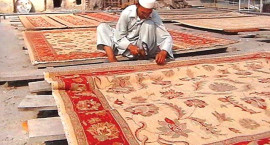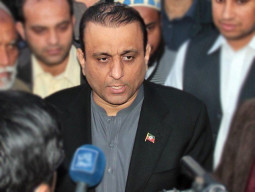The ADB stated this in a statement after the board of directors gave the go-ahead to providing the technical assistance.
ADB Vice President Ursula Schaefer-Preuss said that the bank has boosted its technical assistance to scale up projects which provide the region’s poor with better access to modern and reliable sources of clean energy.
An estimated 800 million people in developing Asia currently have no access to basic electricity services and some 1.8 billion people must rely on traditional biomass fuels to meet their cooking and heating needs.
“Access to modern and reliable energy services is essential for sustainable development,” Ms Preuss said. “Clean energy and access to it transform lives by providing better delivery of education and health services, a cleaner and healthier environment and improved opportunities for the poor, especially for women and children,” she added.
The technical assistance will contribute to the ongoing work on the “Energy for All Initiative” taken in 2008 to increase ADB’s investment in providing access to energy.
In 2009, ADB projects worth $418 million connected about 243,600 new households to modern energy compared to an average of 169,200 between 2003 and 2008.
Jiwan Acharya, a climate change specialist with ADB’s Regional and Sustainable Development Department, said the new technical assistance would initially focus on a few high-impact countries like Bangladesh, Bhutan, Cambodia, Indonesia, Laos, Nepal, Pakistan and the Philippines.
The assistance is financed by the Government of Japan’s Asian Clean Energy Fund under the Clean Energy Financing Partnership Facility. Potential projects to be supported range from expanding access to piped natural gas among concentrations of urban poor to biogas development and rural electrification through micro-hydro, solar and small wind power plants.

1732849469-0/women-in-male-field-(1)1732849469-0-165x106.webp)















COMMENTS (1)
Comments are moderated and generally will be posted if they are on-topic and not abusive.
For more information, please see our Comments FAQ